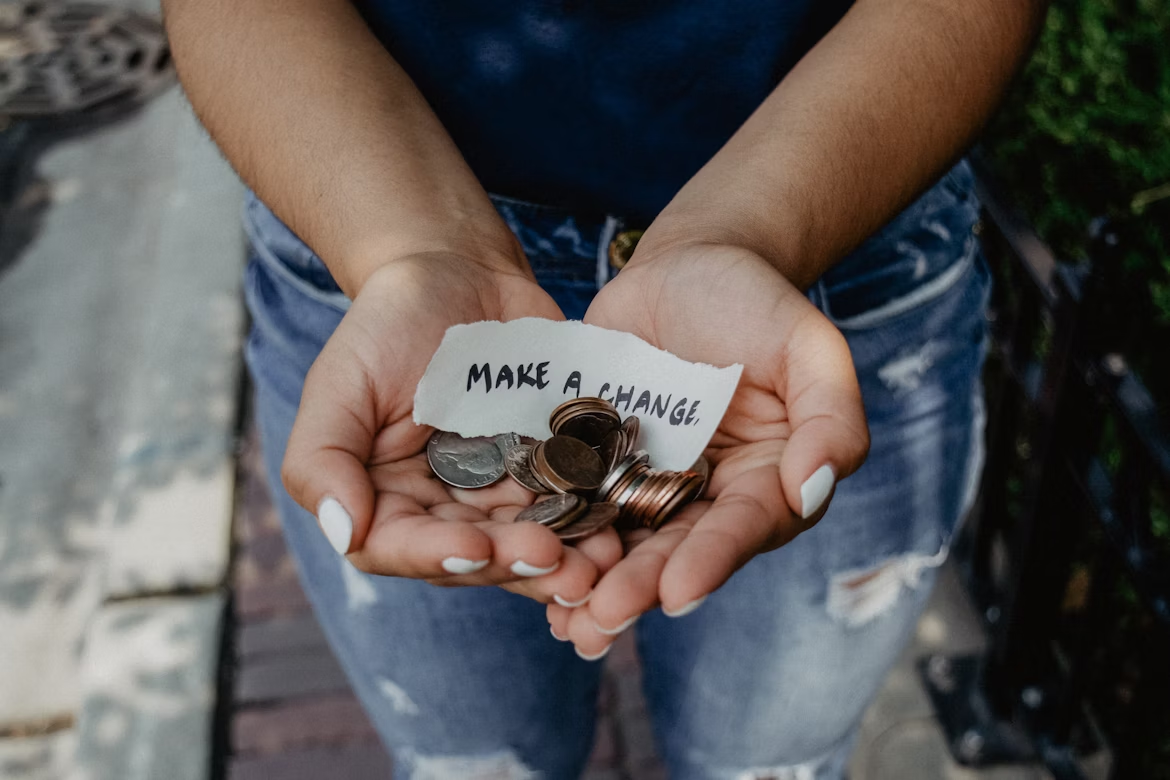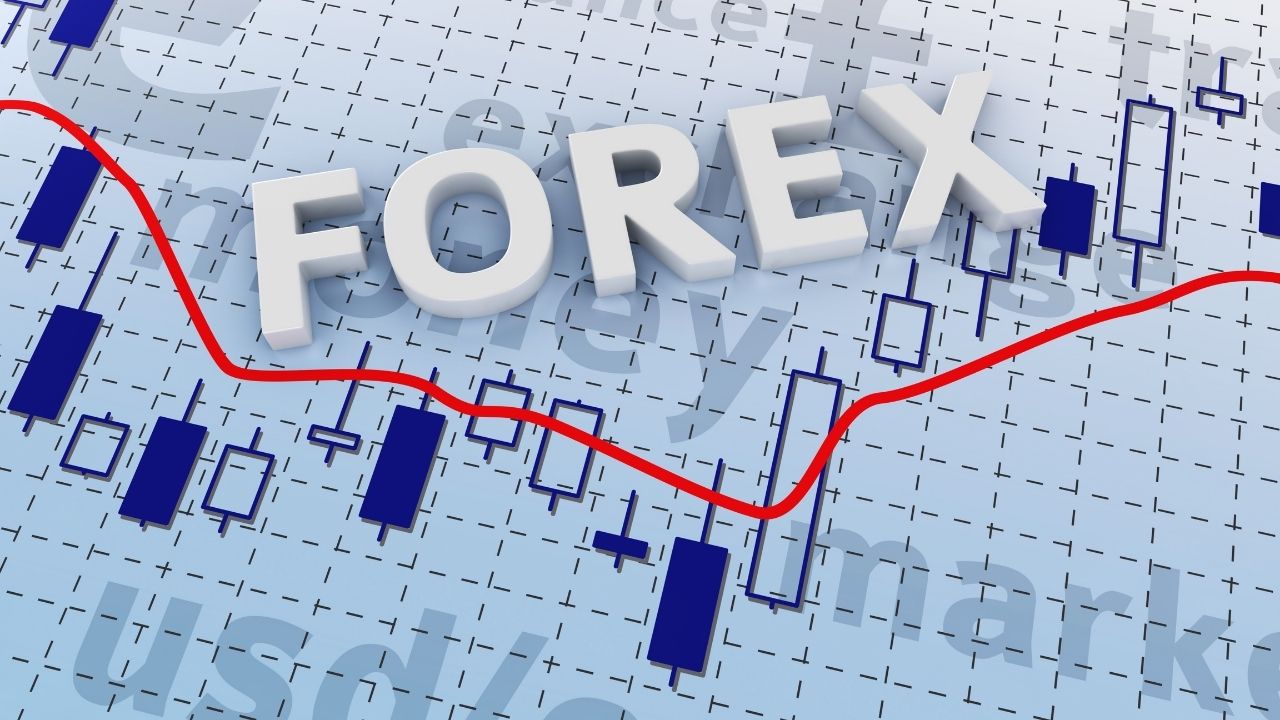Buying and selling currencies for a profit is what forex trading entails. It has grown to become the world’s largest financial market, and you don’t need a lot of money to get involved. You can find the best forex brokers and exchanges online for trading. We’ll go through what forex trading is and some of the benefits and drawbacks to think about before investing. What is Forex Trading?
Although forex trading may appear difficult at first, you may have already placed your first transaction without realizing it. Foreign exchange is when you travel overseas and exchange your native money for the local currency.
Before getting started, we’ll go through what is and some of the benefits and hazards to think about.
Table of Contents
What is Forex Trading?
Forex trading is a form of investment in which one currency is exchanged.
The primary goal of forex trading is to correctly estimate whether the value of one currency will rise or fall depending on the importance of another.
So, a trader may buy a currency today, expecting its value to rise the next day, and then sell it for a profit the next day. Going long is the term for it.
They may also opt to sell a currency if they believe its value will fall and then repurchase it at a lower price later. Going short is what it’s called.
Any currency’s value fluctuates often and is influenced by a variety of variables, including:
- Rates of interest
- Inflation
- The law of supply and demand
- Political occurrences
- Natural calamities
Each currency in forex trading has its unique code to make it recognizable.
The code for the pound sterling is ‘GBP,’ whereas the code for the US dollar is ‘USD.’
They may also opt to sell a currency if they believe its value will fall and then repurchase it at a lower price later. Going short is what it’s called.
Is forex trading and FX trading the same?
The phrase “forex” is a combination of the words “foreign exchange” and “exchange rate,” and it may be expressed in a variety of ways:
- Forex
- Forex Trading
- FX Trading
- FX
Each term relates to the same foreign currency purchasing and selling operation.
How does forex trading work?
Currency pairings, or currency pairs, are constantly exchanged in forex trading.
Each currency pair consists of two components:
Base Currency
The first currency given in the quote is the base currency, which is always equal to one.
Quote Currency
The second currency indicated in the quote is the quote currency.
A forex broker is used to exchange currencies online. The price you pay for a currency pair when you purchase it is called the ‘ask,’ and when you sell, it is called the ‘bid.’ Depending on whether you are buying or selling, the price for the same currency pair will be slightly different.
At first, these might be a little perplexing to comprehend. However, keep in mind that prices are always published from the perspective of the forex broker, not yours.
When you sell a currency, potential purchasers must put a bid in the eyes of a broker. You must pay the seller’s asking price when you buy a coin.
At first, these might be a little perplexing to comprehend. However, keep in mind that prices are always published from the perspective of the forex broker, not yours.
Spread in Forex Trading
The spread is the difference between a currency pair’s buying and selling prices in forex trading. The ‘buy-sell spread’ or ‘bid-ask spread’ is another name. A forex quotation, which shows the bid and asks prices, may be used to calculate the spread of a currency pair.
A widespread indication that the bid and ask prices are significantly different. A small spread implies a little gap between the bid and ask price, whereas a large space means a large difference between the bid and ask price.
The spread is expressed in pips, the smallest unit of change in a currency’s price.
Leverage in Forex Trading
Leverage is similar to a loan in that it allows you to borrow money from a broker to trade larger quantities of currency.
You must make a modest deposit, known as a margin, and the broker will credit your account with the funds necessary to conduct a deal.
If the investment is successful, using leverage can help you boost your profit. However, it’s crucial to realize that trading larger quantities of currency increases the danger of losing money if the currency falls in value.
Before using leverage, be sure you’re aware of the dangers and the potential losses. Your account might become negative if you lose more money than you put in, and your broker may ask you to refund it. This is because the dangers are multiplied when compared to regular trading, and you may lose more than just your first investment, which could be money you can’t afford to lose.
Pros and Cons of Forex Trading
Let us discuss some positive aspects and some negative aspects of to understand better before investing in forex trading.
Pros of Forex Trading
- Large worldwide market: forex trading is a massive global market with many trading chances.
- High liquidity: Due to the enormous amount of trades that take place each day, it is simpler to acquire or sell currencies fast.
- Low cost: You don’t need a lot of money to start forex trading, and you can leverage your investment to increase your returns.
- Trading hours: Unlike other markets with limited trading hours during the week, FX trading is open 24 hours a day from Sunday to Friday.
Cons of Forex Trading
- Currency values move often and can be quite unpredictable.
- Trading huge quantities of currency with leverage might raise the risk of losing money if the currency’s value falls.
- Changes in the exchange rate may cause your profit to be altered when it is translated back into the currency you took your gains in.
- Restrictions on how much currency can be exchanged at a given price at various times: certain nations have trading limits on how much money can be traded at a given price at different times.












